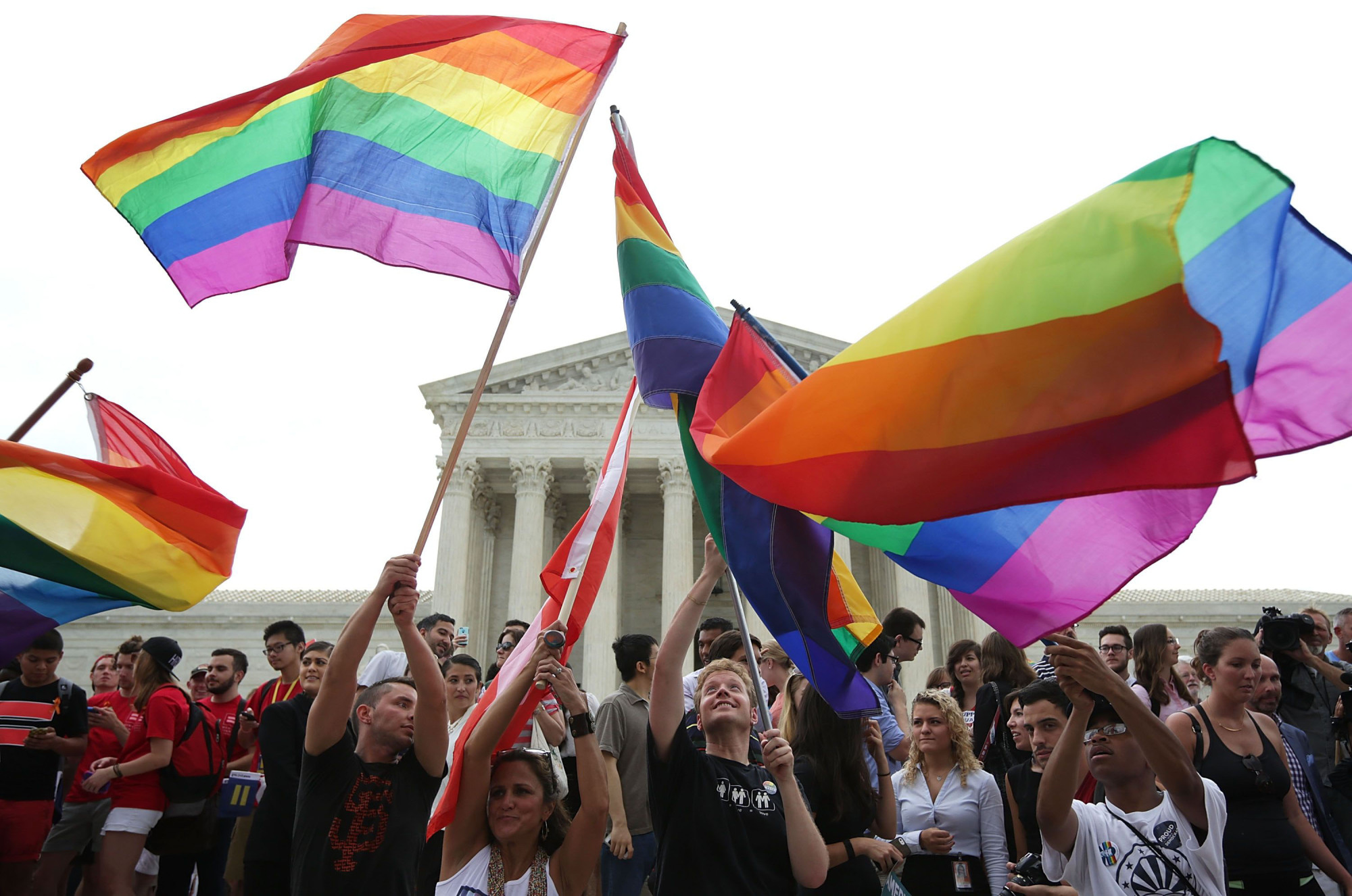The 2010s will go down in history as a contradictory period at the U.S. Supreme Court. The decade featured one liberal decision — the gay marriage case, Obergefell v. Hodges — that will be read as long as the justices' opinions are taught in law schools. Yet the decade also saw the emergence of important new libertarian trends in First Amendment law, regarding both free speech and religious liberty, that are widely seen as conservative. And although the court shifted rightward over the last 10 years, that may seem mild compared to the rightward shift we could see in the 2020s.
The marquee marriage equality decision assures Justice Anthony Kennedy, who wrote the decision for the majority and retired in 2018, a place in the judicial firmament. Kennedy had been building the constitutional case for gay rights for nearly 20 years in a series of decisions that brought together two different doctrines: the right to autonomy over crucial life decisions and the right to equal protection under the law. In the 2015 Obergefell decision, Kennedy finally fused the two different ideas together in the principle "equal dignity."
Kennedy's language may have gone a little too far into would-be profundities for some tastes. (Justice Antonin Scalia was particularly dismissive of it; and even I find myself taken aback by Kennedy's suggestion that marriage is the only solution to the problem of existential loneliness.) But no other Supreme Court decision has entered the ritual lexicon by being recited at weddings, both gay and straight. The Obergefell case belongs in the pantheon of all-time important Supreme Court decisions. It expands human liberty and equality.



















With your current subscription plan you can comment on stories. However, before writing your first comment, please create a display name in the Profile section of your subscriber account page.